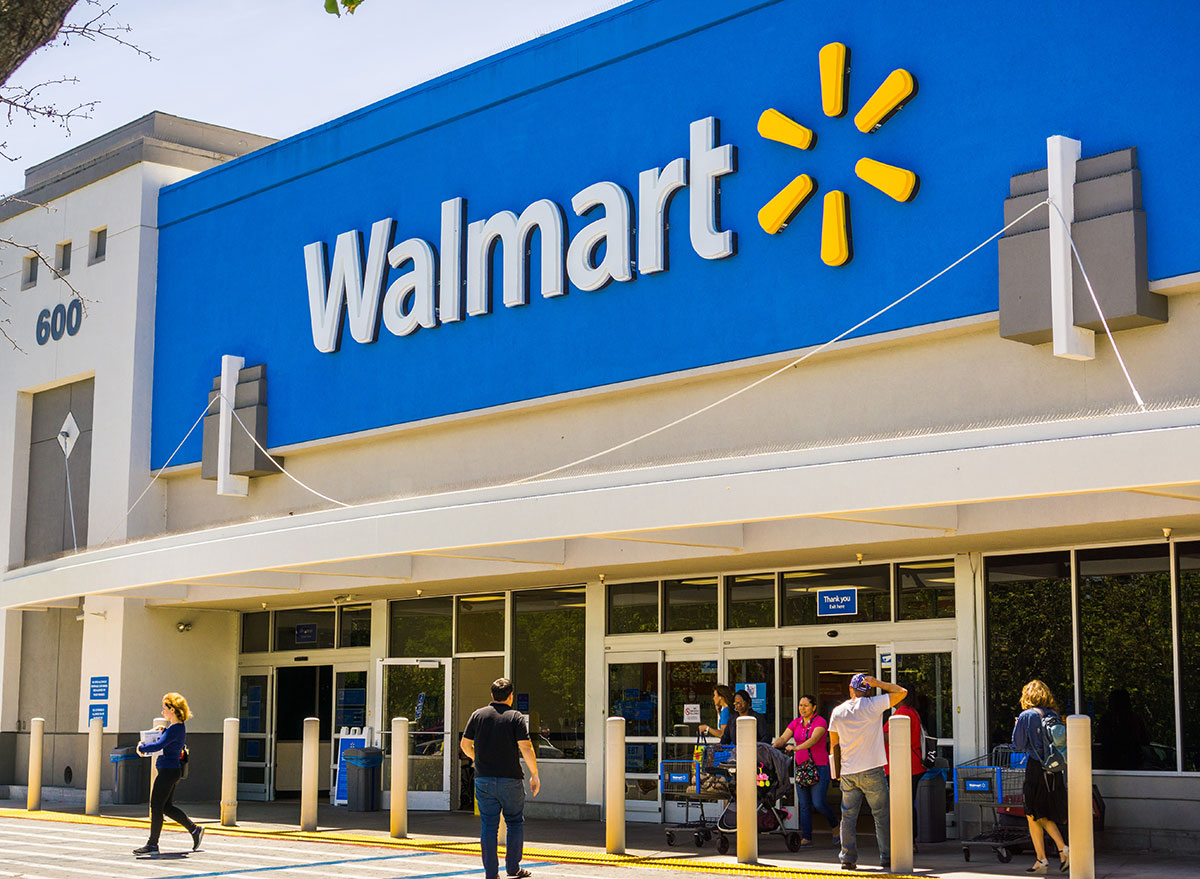Walmart Is Changing This Important Substitution Policy, Memo Reveals

Online shopping at Walmart is about to look slightly different.
According to a recent memo viewed by Insider, in the coming weeks, Walmart pickup and delivery customers will be paying the list price of the substitutions made to their orders.
Prior to this, shoppers were only charged the price of the items they initially ordered instead of the price of the substitute they received, even if said item was more expensive. The new policy could ultimately result in shoppers paying more for their substituted groceries.
But the updated policy will also give customers “extra controls” over their orders, including the ability to select and save their own substitution preferences, accept or reject the substitution options presented to them, or opt out of receiving substitutions entirely.
“There will be a bit of a transition period,” a Walmart spokesperson told Insider. “But overall, this is pretty common, and we don’t anticipate customers would have an issue paying for items they’re receiving from us.”
Instacart and Whole Foods are among the grocery retailers that already follow this type of substitution policy for online purchases. The policy change also coincides with Walmart’s efforts to grow its grocery market share without isolating its value-based customers.
Being charged for substitutions isn’t the only major change hitting Walmart’s delivery space. Three weeks ago, it was revealed that DoorDash and Walmart decided to end their four-year partnership due to it no longer being “mutually beneficial.” The announcement came shortly after Walmart confirmed that it will be acquiring Delivery Drivers Inc. (DDI)—a move that is designed to bring driver support in-house.
Additionally, in another effort to boost its delivery capabilities, the grocery chain agreed to purchase 4,500 electric delivery vehicles, and recently began testing Canoo’s Lifestyle Delivery Vehicles (LDV) in the Dallas-Fort Worth area for its InHome delivery service. According to the big-box retailer, these vehicles “will deliver online orders in a sustainable way,” helping Walmart reach its goal of achieving zero-emissions by 2040.









